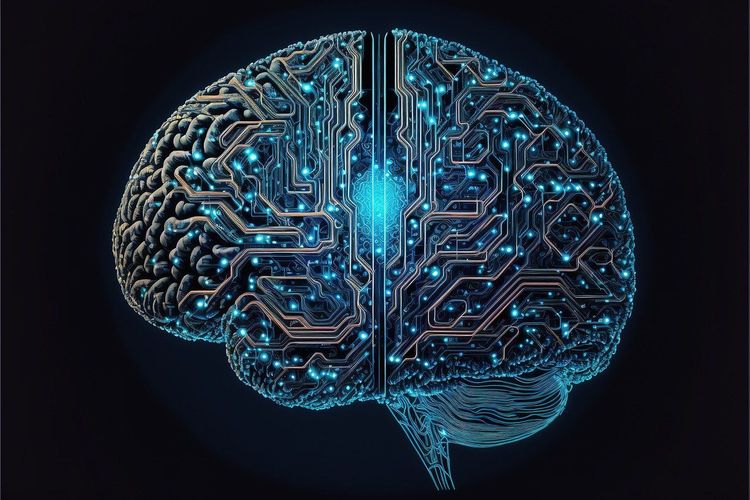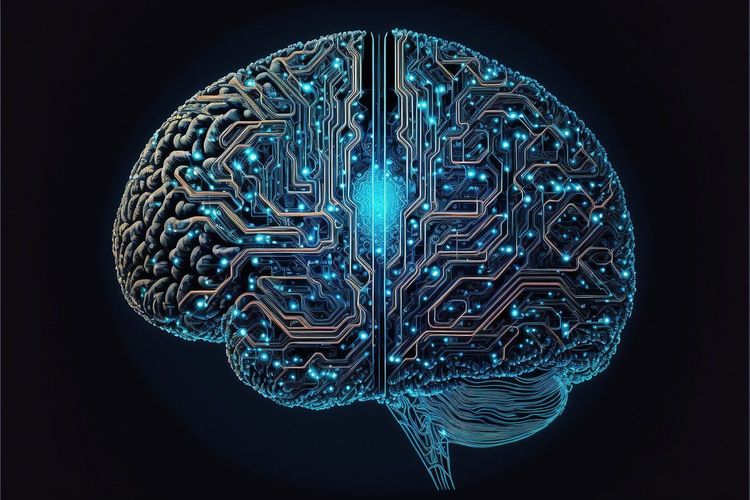If you're not currently upskilling in AI, you might want to pay attention to the 2024 Annual Work Trend Index from Microsoft and LinkedIn. This report, based on a survey of 31,000 people across 31 countries, reveals a significant shift in employer hiring preferences, prioritizing AI capabilities over traditional experience.
A staggering 71% of executives prefer candidates with AI skills rather than those with extensive professional backgrounds, creating a prime opportunity for entry-level and early-career professionals. Conversely, this trend poses a challenge for seasoned professionals.
3 Jobs to Apply for This Week
- Data Platform Lead, Vice President, MUFG Bank, Ltd., Jersey City ($130,000-$155,000)
- Director, Technical Program Management – Generative AI, Capital One, San Francisco
- Principal Software Developer, Raytheon, Huntsville
The Employer-Employee Gap
Despite the preference for AI skills, only 25% of employers intend to offer generative AI training this year. Many knowledge workers have taken matters into their own hands, with just 39% receiving AI training from their organization. Yet, three-quarters of knowledge workers (75%) now utilize AI in their workplaces to boost efficiency and creativity, while 78% use personal AI tools.
Leaders must evolve. Although 79% recognize that AI is vital for competitiveness, 59% struggle to measure AI productivity, and 60% lack a clear AI implementation strategy.
Satya Nadella, CEO of Microsoft, stated, “AI is democratizing expertise across the workforce,” highlighting opportunities for organizations to leverage AI for better decision-making and improved collaboration.
Considering a Job Change?
If you're contemplating a career change, you're not alone. The survey found that 46% of professionals are considering resigning within the next year; for U.S. workers, this number climbs to 85%. Additionally, 45% express concerns that AI may render their jobs obsolete.
A letter from Klarna’s CEO, Sebastian Siemiatkowski, heightened these fears, noting that their AI assistant now performs the tasks of 700 employees, significantly reducing resolution times while maintaining customer satisfaction. Klarna has also reduced its workforce from 5,000 to 3,800 and has initiated a hiring freeze while still recruiting engineers.
Amid these changes, some tech leaders are urging software engineers to upgrade their skills, suggesting that AI may take over traditional coding tasks. In discussions at Amazon Web Services, Matt Garman implied that in the future, developers may spend less time coding while shifting towards more strategic roles, clarifying that this does not necessarily equate to job losses.
3 More Top Tech Roles
- Senior Data Science Analyst, Discover Financial Services, Riverwoods
- Sr. Reliability Engineer, Raytheon, Andover
- Test Automation Engineer, ICF, Reston
Future-Proof Your Career
As the landscape evolves, tech professionals who invest in AI upskilling will have a competitive advantage. LinkedIn reported a 160% increase in non-technical professionals enrolling in AI learning courses and a 142-fold rise in members adding AI skills to their profiles.
Technical professionals are increasingly turning to platforms like DataCamp, Udemy, Codecademy, Coursera, and edX, as well as established universities like Stanford, to enhance their AI education.
The message is clear: adapt or risk falling behind. With the widening gap between employer expectations and employee training, those who proactively learn AI tools will gain a crucial advantage.
Ready to explore new tech job opportunities? Visit our Job Board today for thousands of roles with companies actively hiring.







